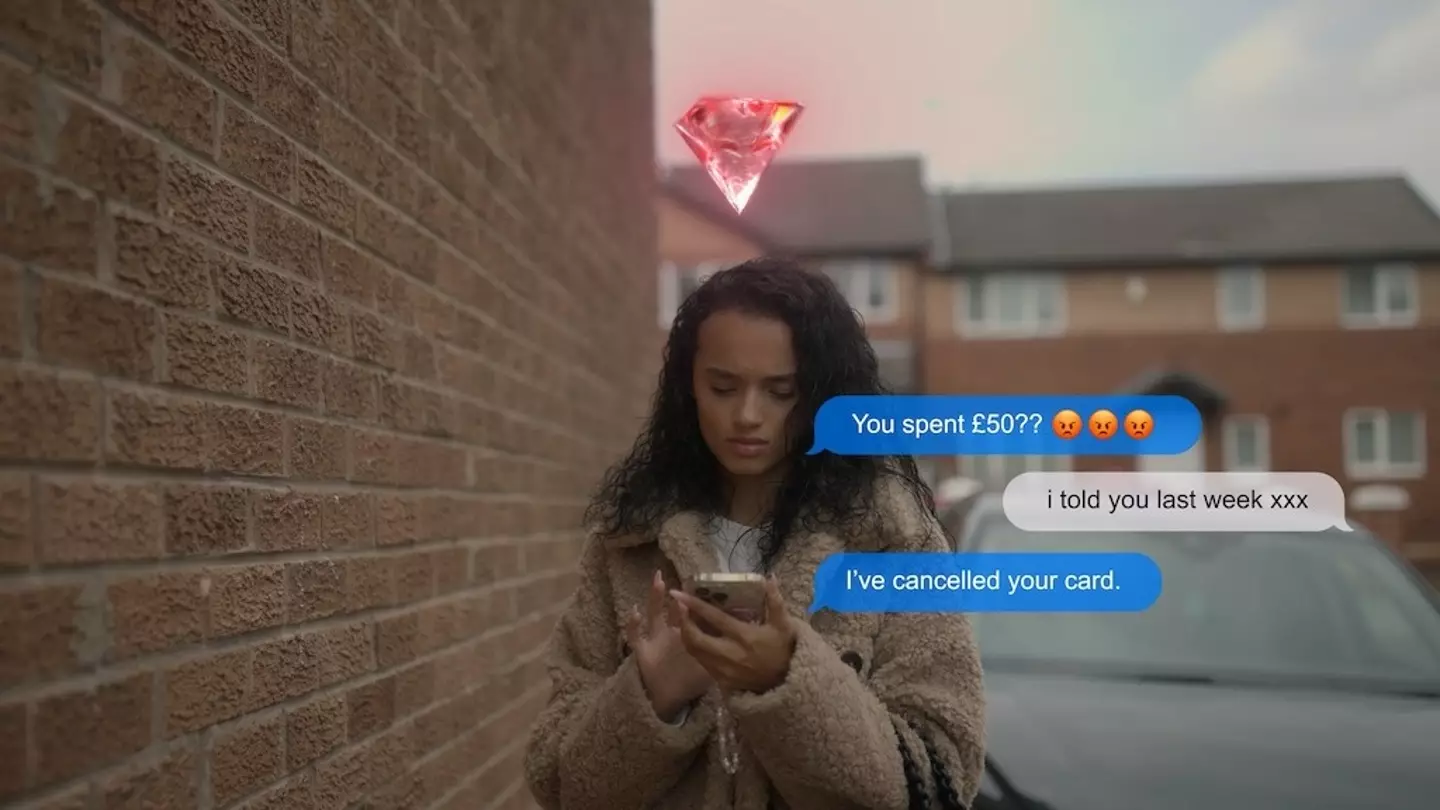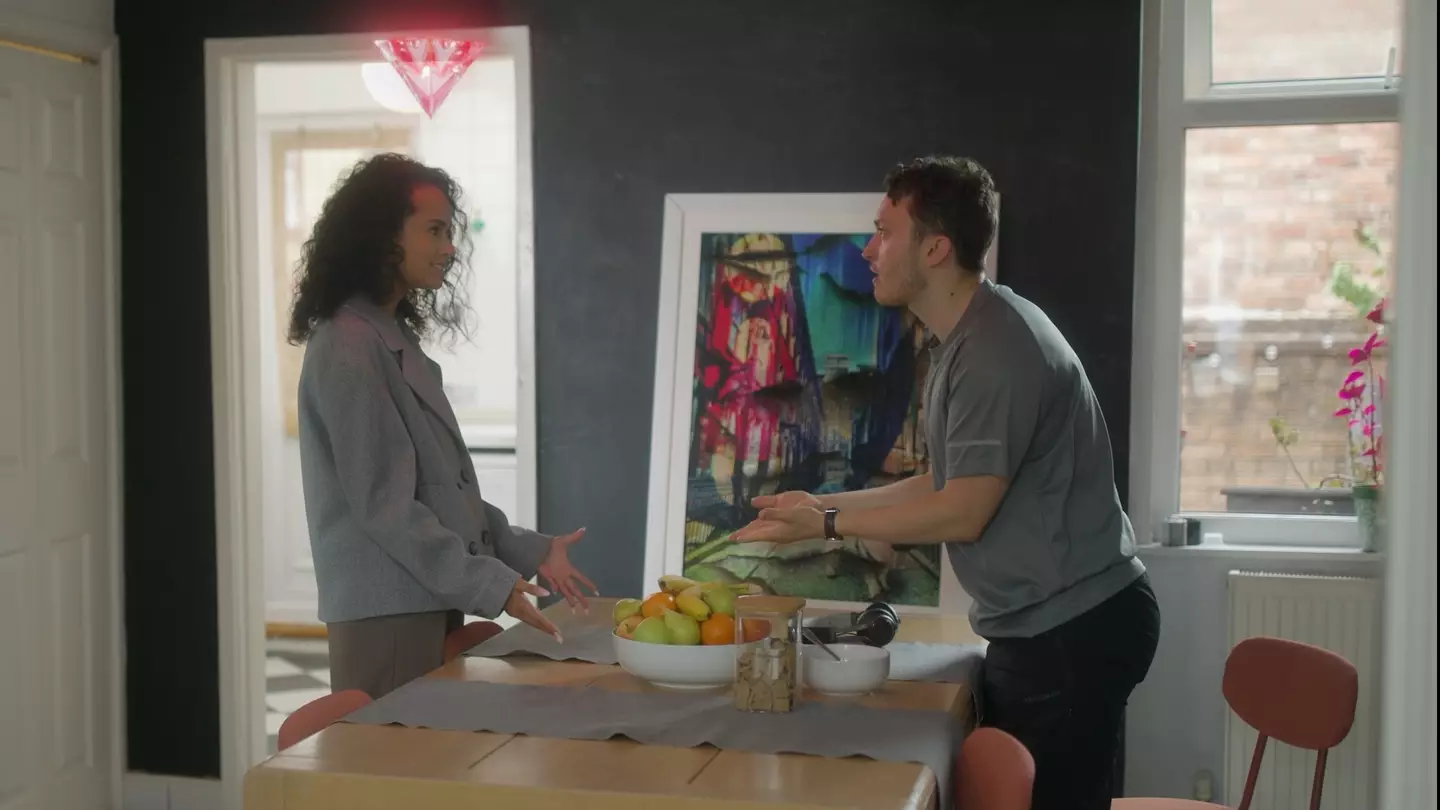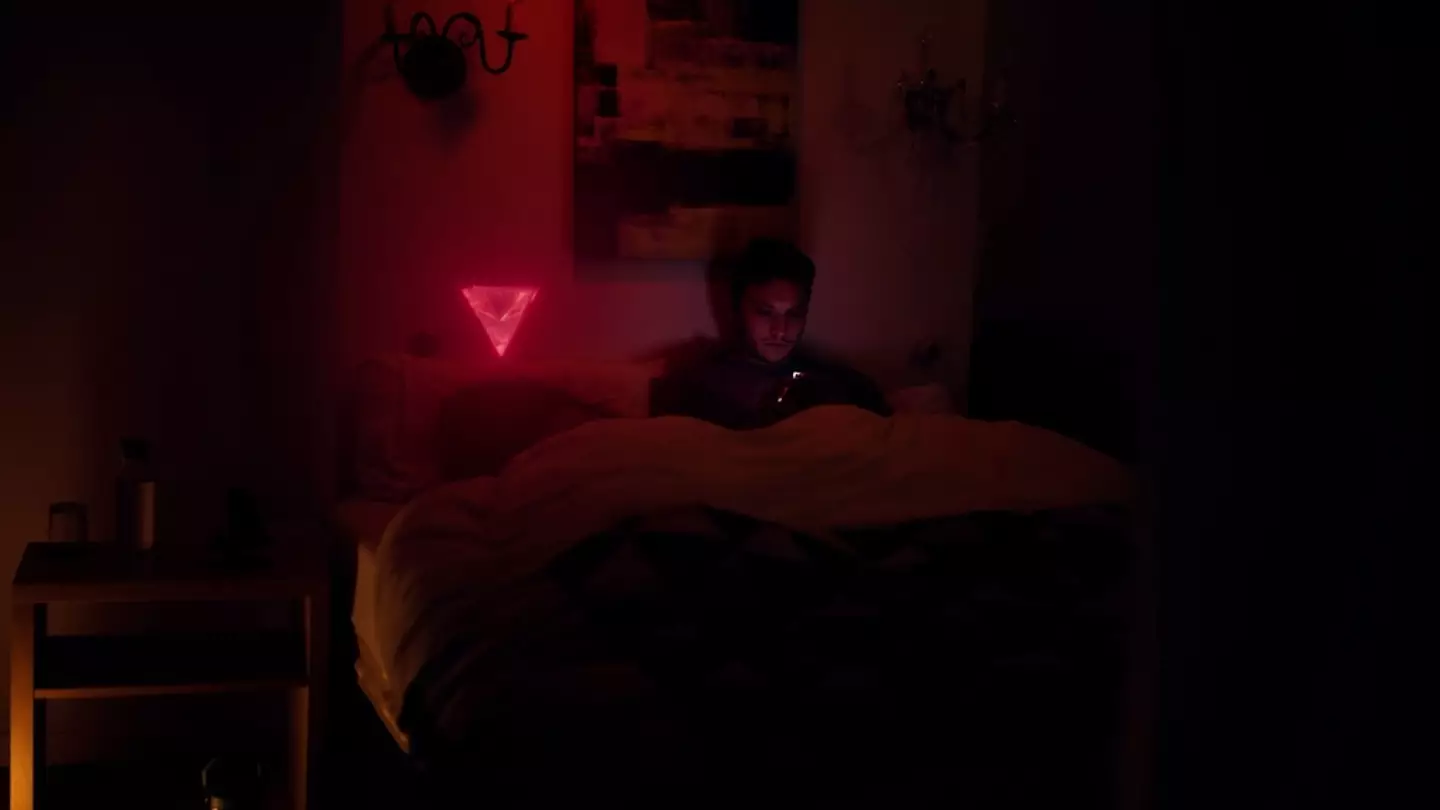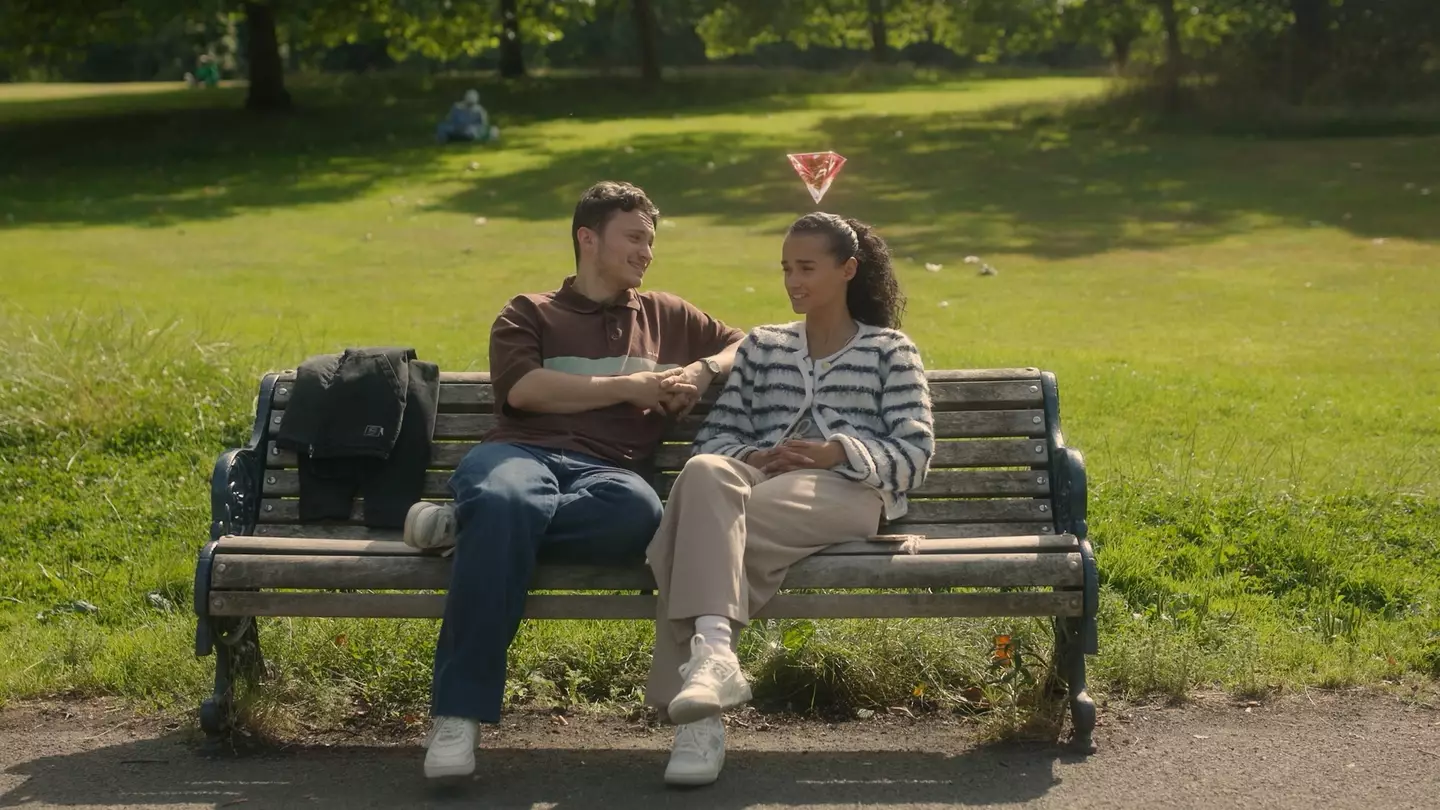
Have you ever gone through your partner’s phone to see who they’re messaging? Or told them to change how they look before a night out? Maybe you’ve questioned who they’re meeting, or whether they should be going out at all? It might not seem serious, but this type of behaviour is considered controlling and abusive, and it is against the law. In serious cases, it can even get you arrested.

While it’s normal to want to look out for the person you love, there’s a big difference between being protective and being controlling. These types of behaviour can gradually build into a pattern to harm, punish or frighten your partner, and that’s why the Mayor of Greater Manchester, Andy Burnham, has launched an important new campaign aimed at men and boys to address this type of unacceptable behaviour faced by women and girls.
What is coercive and controlling behaviour?
Controlling and coercive behaviour is a serious type of domestic abuse that can carry a prison sentence of up to five years. Many incidents are thought to remain hidden, as this form of abuse tends to build steadily. Over time, victims may become cut off from others, unsure of their situation and left without the support they need, feeling alone, confused and isolated from family and friends.
The red flags to watch out for include love bombing; controlling what is worn (including make-up); controlling and tracking movements; gaslighting; isolation from family and friends; belittling; blaming arguments on victims; monitoring of phone and social media; control of money; unreasonable demands; and accusations of flirting or affairs.
And the numbers are grim. Greater Manchester Combined Authority (GMCA) says Greater Manchester Police record 3,600 offences relating to coercive control each year, with 45,000 offences being reported nationwide annually.

What is the #IsThisOk? campaign?
The latest phase of the GMCA #IsThisOk? campaign – called ‘It’s Not a Game, Boy’ – takes aim at men and boys (especially those under 35) who might not even realise their behaviour is abusive.
It also encourages people to call it out if they see their friends, colleagues or family members demonstrating controlling behaviours.
Are you a victim of coercive and controlling behaviour?
Often employed through emotional and financial abuse, gaslighting and isolation, coercive and controlling behaviour can escalate throughout the course of a relationship, perhaps so slowly that you might not even notice it happening. Although controlling behaviours can be displayed in any relationship dynamic, it is estimated that 89% of cases are committed by an intimate partner.
If you are being subjected to any of the behaviours listed in this article, you can seek confidential support from Greater Manchester Domestic Abuse helpline.

Are you using coercive and controlling behaviour?
If you recognise any these behaviours in yourself, that’s an important first step. Coercive and controlling behaviour is a crime with the possibility to escalate, but you can seek help from Talk Listen Change (TLC).
Do you know someone who may be the victim of coercive and controlling behaviour?
If you spot this behaviour in your mates, family, or colleagues, you don’t have to just shrug it off. Having the right knowledge as a bystander can play a vital role in disrupting the cycle of coercive control.
When discussing coercive and controlling behaviour, it is important to empathise with the person experiencing this behaviour. You should be mindful of the language you use, asking how they are feeling and what they need to feel supported moving forwards, rather than asking why the abuse happened.
You can let them know they have options and that you will continue to support them even if they don’t act immediately.

It is also important to think about their safety and your own.
If you are not sure how to intervene with family, friends, neighbours, colleagues or other known persons, you can visit Greater Manchester Domestic Abuse helpline or call 0800 254 0909 for friendly, confidential and supportive advice. If you want to learn more about what coercive and controlling behaviour can look like please visit https://www.cps.gov.uk/legal-guidance/controlling-or-coercive-behaviour-intimate-or-family-relationship.
Want to know more? Support can be accessed on the #IsThisOk? website.
Featured Image Credit: Greater Manchester Combined Authority
